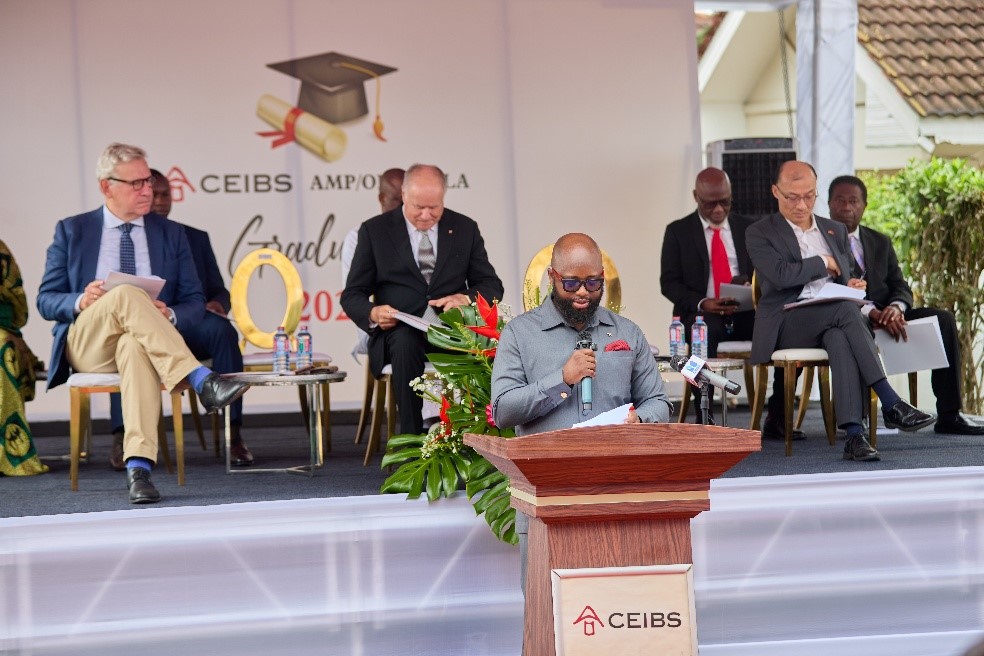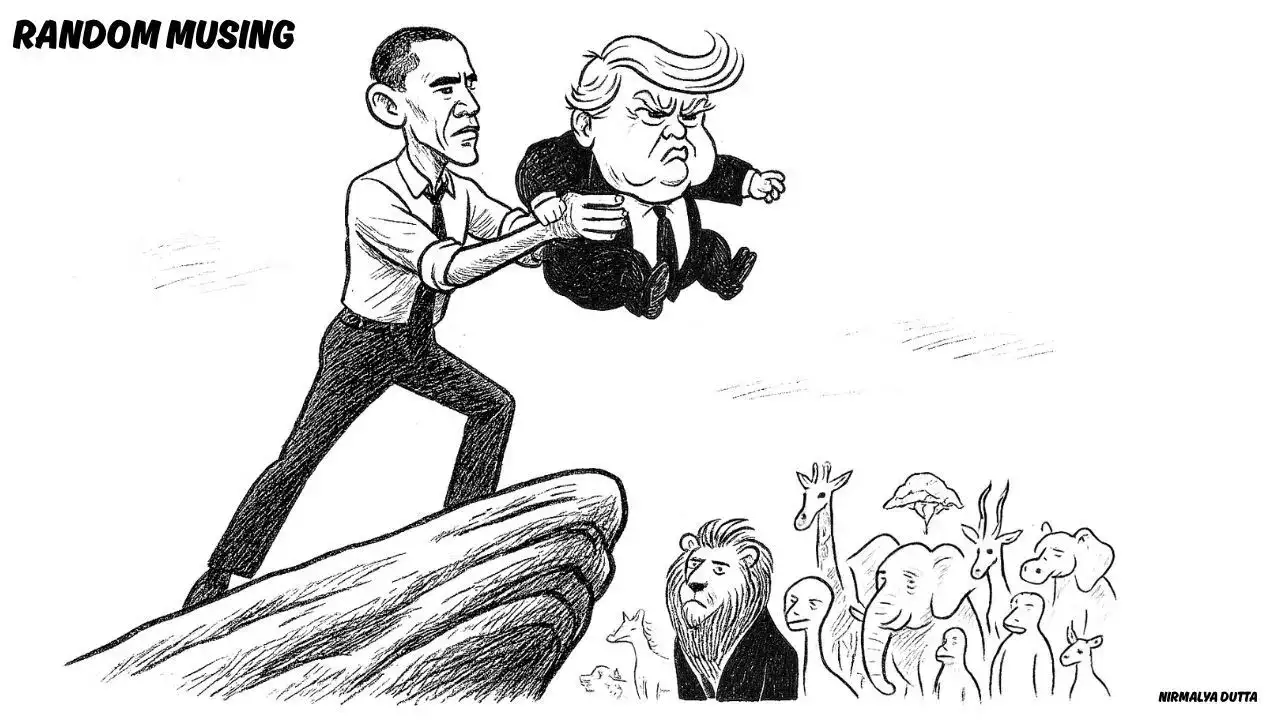By Francis
Copyright thebftonline

The Executive Director of China Europe International Business School (CEIBS) Africa, Professor Gordon K. Adomdza, has outlined plans for sustainable expansion through cohort growth and deeper collaborations with international partners, as the institution looks ahead to 2026.
Marking 65 years of diplomatic relations between Ghana and the People’s Republic of China, and the 50th anniversary of relations between China and the European Union (EU), Prof. Adomdza highlighted the significance of these milestones in advancing investment in transformative higher education.
He noted that 2025 has been a year of transition for CEIBS Africa, focused on fostering stability in its programmes, strengthening processes and charting a clear path for growth.
According to him, CEIBS Africa provides its students with an in-depth understanding of the local business environment, while also exposing them to the dynamics of China as an emerging business destination and the wealth of Europe’s systems and experience.
“The joint venture between the EU and the Chinese government has provided a remarkable experience for African leaders and managers to hone their management capacity. Through our China Immersion Programme, participants gain insights into the future of their respective fields of expertise,” Prof. Adomdza said.
He added that while CEIBS Africa has so far concentrated on Nigeria and Ghana, the ambition is to extend to East, Southern and North Africa, in order to build resilient businesses and integrate them into global supply chains.
Looking ahead, he forecasted a stronger partnership with the EU and enhanced cooperation between the EU delegation and the Chinese embassy in Ghana to build effective business bridges. “The goal is to construct a strong local ecosystem with global opportunities for students and alumni, leading to a greater impact on African leaders and managers,” he stressed.
Graduating class of 2025
In a ceremony marked by international diplomacy, the CEIBS Africa campus in Accra celebrated the graduation of its 2025 cohorts.
The distinguished gathering included the Chinese Ambassador to Ghana, Tong Defa, and the EU Ambassador to Ghana, Rune Skinnebach.
The graduating class comprised three cohorts: the Advanced Management Programme (AMP), which equipped executives to lead their companies into new phases of growth through courses in Ghana and Nigeria; the Owner Director Programme (ODP), which deepened participants’ understanding of their businesses and equipped them to scale; and the flagship Women Entrepreneurship and Leadership for Africa (WELA) programme, which enabled female entrepreneurs to identify structural barriers, strengthen their enterprises and expand into global markets.
Prof. Adomdza expressed confidence that as the graduates join CEIBS’s global alumni community of more than 30,000, they would excel in their businesses and reinforce the school’s reputation as a premier executive educator for Africa’s future.
Chinese Ambassador Tong Defa commended the management of the school for upholding high standards, and congratulated the students, urging them to remain open-minded and identify opportunities to deliver solutions in high demand. He further encouraged them to take advantage of the government’s 24-hour economic policy and ‘Big Push’ initiative, which he said provide vast market prospects for entrepreneurs.
Ambassador Skinnebach, for his part, urged the graduates to be frontrunners in developing sustainable solutions for Africa’s future. He advised them to remain lifelong learners, remarking that books he studied 20 years ago are now regarded as historic archives—an indication of how rapidly the world is changing.
He added that the EU recognises the value of investing in education, noting that every euro spent generates at least 20 times its value, and reaffirmed the EU’s commitment to supporting educational initiatives in Ghana and across Africa.



